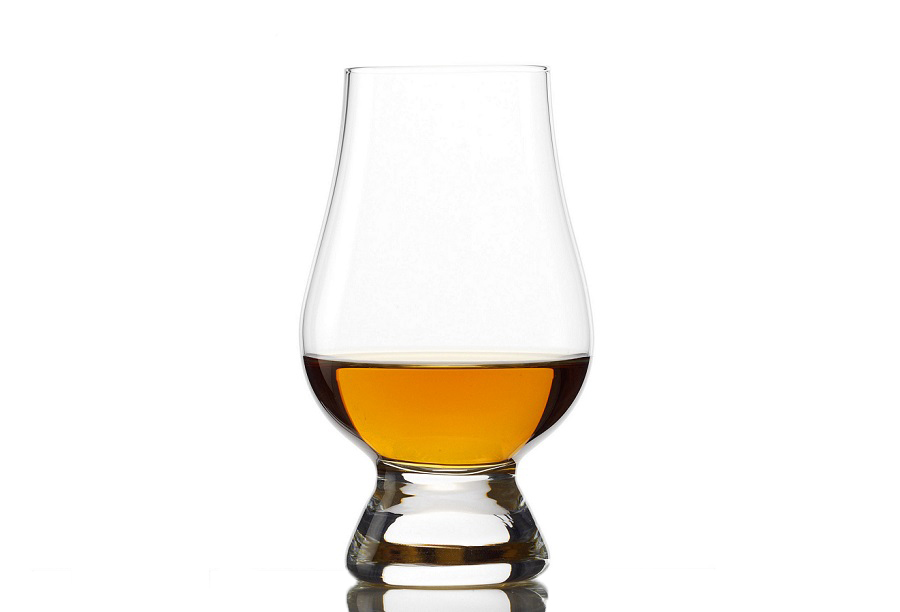Very often you come across abbreviations or acronyms of the sector, not always understandable. Sometimes they can be easily misunderstood or not fully understood.

So here is a collection of some words, acronyms, not so easy to say, especially for those who are not in the whiskey world.
- ABV: Alcohol By Volume, percentage of alcohol in the product.
- Batch: production batch, a limited number of barrels used to create rather limited products.
- Cask Strength: product not diluted with water, having with the same gradation of when it was in the cask.
- Ex-bourbon / ex-sherry / ex-port / ex- …: they indicate the previous contents of the cask or barrels used for the aging of the whiskey. Practical example: ex-bourbon, that is a cask that has first contained bourbon.
- Finishing / finish: final aging step. It is an additional maturation in barrels which are different from the previous ones used. The finishing period is often not declared. One of its variants is the Double Maturation, a lasting longer one, often reaching a few years.
- NAS: No Age Statement, is a malt without a declaration of aging. Technically, a whiskey that could have aged 3 or more.
- OB / IB: Official Bottling / Independent Bottling. The first one refers to a product commercialized by the production distillery; the latter a product made by private companies, which buy barrels already full of distillate.
- PPM: Parts Per Million, it is referred to the peat level. Even if the number may seem low (rarely it goes over 100 parts per million), could indicate a very peated product. A whisky with a PPM of 45/55 PPM is a very peated one.
- Single Cask: it is to refer to a batch of bottles filled from a single cask, making the product extremely limited and unrepeatable.
- Unchillfiltered: unfiltered whiskey. The filtration process is made to eliminate the impurities of the whiskey, making it clear. The filtration process may vary depending on the temperature at which whiskey is lowered to or the number of filters used. According to some people in the business, the filtration changes the organoleptic characteristics of the product.
- Uncoloured: whisky can be colored only with industrial caramel. The caramel does not change the product aromatic profile, but only its color. The more is used, the darker the whisky.

